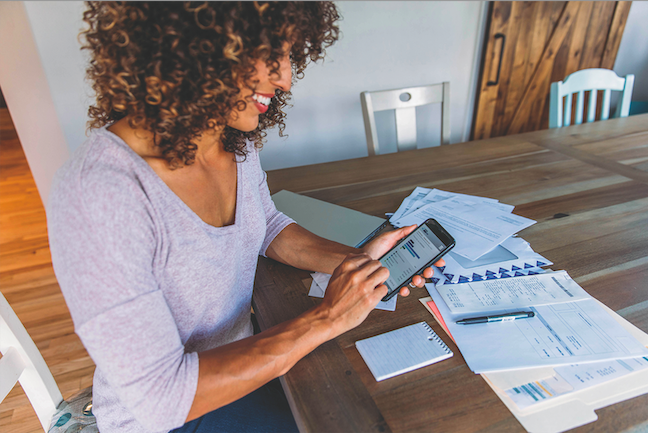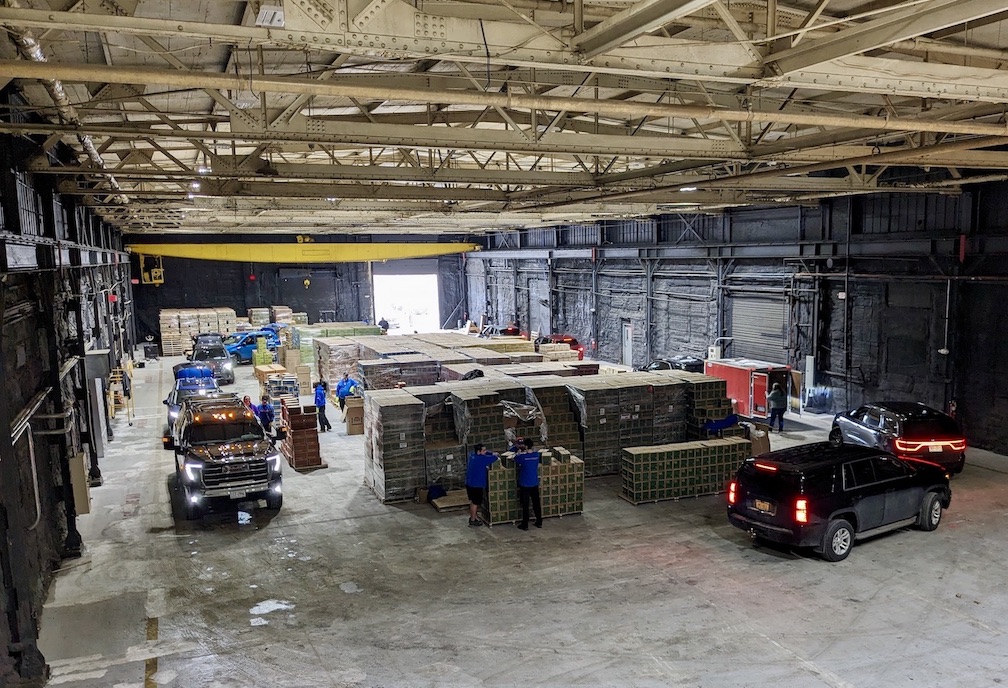Featured News - Current News - Archived News - News Categories
High temperatures & humidity can profoundly affect health, safety of older adults, who remain at high risk for COVID-19
From the New York State Office for the Aging:
The New York State Office for the Aging is urging older New Yorkers and their family members to take precautions in extreme heat, as high temperatures and humidity, coupled with COVID-19, can create hazardous conditions for older adults. Exposure to extreme heat can cause a variety of health problems, including heat stroke and death.
“Extreme heat and humidity can be serious, and can be particularly dangerous for older adults, who are also at highest risk for COVID-19,” NYSOFA Acting Director Greg Olsen said. “Older adults, especially those who are low-income, live alone, have chronic conditions or who take certain medications, are more susceptible to heat-related illness. In these summer months, particularly during a heat wave in this pandemic, neighbors and family members should check in with older individuals daily to make sure they are healthy and safe.”
According to the federal Centers for Disease Control and Prevention, heat causes more than 600 preventable deaths in the U.S. yearly. And COVID-19 presents particular challenges this summer since many places where people generally go to cool off, including cooling centers, libraries and malls, may be closed. Finding ways to stay cool and safe, both at home and outside, are more important than ever in this environment.
Staying Cool During Extreme Heat, COVID-19
Know the signs of heat-related illnesses:
√ Symptoms include headaches, dizziness, nausea, confusion, cramps, high body temperature or a fast pulse. If one is experiencing any of these symptoms, they should seek medical help immediately and move to a cooler place. Learn more.
√ Stay hydrated. Keep drinking water, even if you don't feel thirsty. Drink two to four glasses of cool fluids every hour.
√ Avoid alcoholic drinks and too much caffeine and sugar.
√ Take water with you wherever you go outside, since public water fountains are currently turned off due to the COVID-19 pandemic.
√ Protect yourself from the sun. Use sunscreen that is SPF 15 or higher and look for those that say “broad spectrum” or “UVA/UVB protection” on their labels.
√ Wear loose-fitting and light-colored clothing to keep cool. You can also wear a hat and sunglasses.
√ Plan ahead. It’s important to plan ahead if you are going to stores or supermarkets. Capacity limitations in stores might mean that you have to wait outside in the sun. Try to plan shopping trips early in the morning to avoid the hottest part of the day.
√ Make sure to wear your mask or face covering. Switch to a cotton bandana if your face mask is too heavy or thick to wear in the heat.
√ If you are feeling overheated while wearing your mask, take it off for a moment and breathe making sure that you are 6 feet apart from others. Be sure to put it back on when you are ready to continue.
√ Stay cool indoors. Close windows and blinds during the day.
√ Take cool showers.
√ Use air conditioning or fans whenever possible. Income eligible households may receive a cooling assistance benefit through the Home Energy Assistance Program (HEAP).
√ Limit outdoor activities to mornings and evenings when it is cooler. Be sure to decrease your overall level of physical exertion.
√ Check on neighbors, especially older adults, those who live alone, those with medical conditions, those who may need additional assistance, and those who may not have air conditioning. You can call, text, video call, or meet by staying 6 feet apart.
√ Call 911 in an emergency. If you or someone is showing signs of heat stroke call 911 immediately. Signs of heat stroke include:
Those Most at Risk for Heat-Related Illnesses, COVID-19
While everyone is at risk for heat-related illness, some people are at greater risk and should be sure to take special precautions, especially in these times of COVID-19. These populations include:
√ People 65 and older, children younger than 2, and people with preexisting medical conditions such as cardiovascular disease, diabetes or respiratory illness are at greatest risk for heat-related illness.
√ People who work outside or spend a lot of time outdoors such as athletes.
√ People who may be socially isolated, including older adults and individuals experiencing homelessness.
√ Those infected with, or recovering from, COVID-19 may be more vulnerable to heat stress.
√ People taking certain medications. Be sure to consult a doctor about the medications you are taking and extreme heat.
√ Those who are overweight and obese.
√ People who are pregnant.
√ People wearing personal protective equipment (PPE) in places that are not temperature controlled.
√ Vulnerable populations may also be in more precarious social and economic conditions due to COVID-19, including from lost wages, increased isolation and strains or gaps in social networks. This can increase vulnerability to extreme heat risk by limiting health care access, transportation options, food security, and access to utilities like air conditioners.
Protect Family, Friends & Neighbors
√ Never leave children or pets in cars, even for a few seconds. Cars can heat up to dangerous temperatures in a very short time, even with the windows open. Make sure your loved ones drink plenty of water and stay hydrated throughout the day, including pets.
√ Connect with older neighbors and others at risk during a heat wave. You can call, text, video call or meet by staying 6 feet apart.
√ Young children and people with chronic health conditions should also be monitored for heat-related illnesses.
√ Call 911 if you see someone with signs of heat stroke or clearly in need of medical assistance. Hospitals are safe and it’s important that people receive care, especially emergency care, even during the COVID-19 pandemic.
√ Prepare for, and help prevent, power outages
√ Plan ahead. Have supplies in case there is a power outage including batteries, flashlights and nonperishable food.
√ If you have life-support devices, such as home dialysis, breathing machines, or other medical equipment or supplies, that depend on electricity:
√ Monitor the weather. Watch your local news for advisories and alerts.
√ If there are advisories and alerts, fully charge your cell phone, laptop and other electronic devices in case there is a power outage.
√ Conserve as much energy as possible to avoid power disruptions. Turn off all nonessential appliances and lights in unoccupied rooms.
What To Do During a Power Outage
√ Call your utility company to report power outages and learn when your power will be restored. Do not call 911 to report an outage or to ask about power restoration.
√ Stay away from downed utility wires. Always assume a downed power line is live. Call 911 to report emergencies including downed power lines or if you are dependent on equipment that requires electricity and you need medical assistance.
√ Make sure you and your loved ones stay hydrated.
√ Keep refrigerator and freezer doors closed. An unopened refrigerator will keep food cold for about four hours. A full freezer will keep the temperature for about 48 hours.
√ If possible, use flashlights instead of candles. If you must use candles, place them in safe holders away from anything that could catch fire. Never leave a burning candle unattended.
Swimming Locations
√ New York State pools and beaches across the New York State Parks system are open for individuals to cool off during hot days.
For more information on how to stay safe during periods of excessive heat, visit the New York State Department of Health website.
For information on long-term care services and supports for older adults and caregivers, visit NY Connects or call 800-342-9871.





























